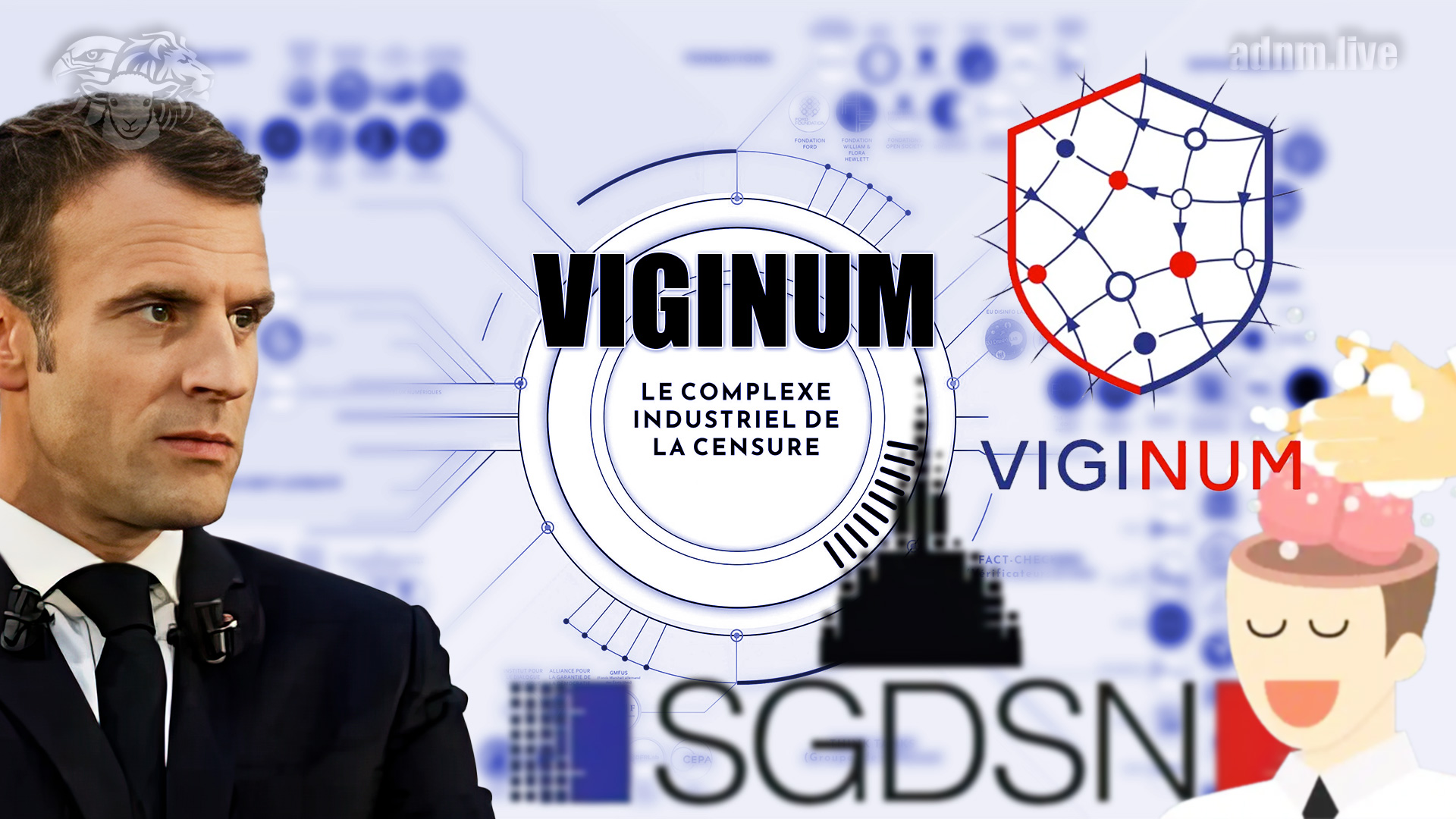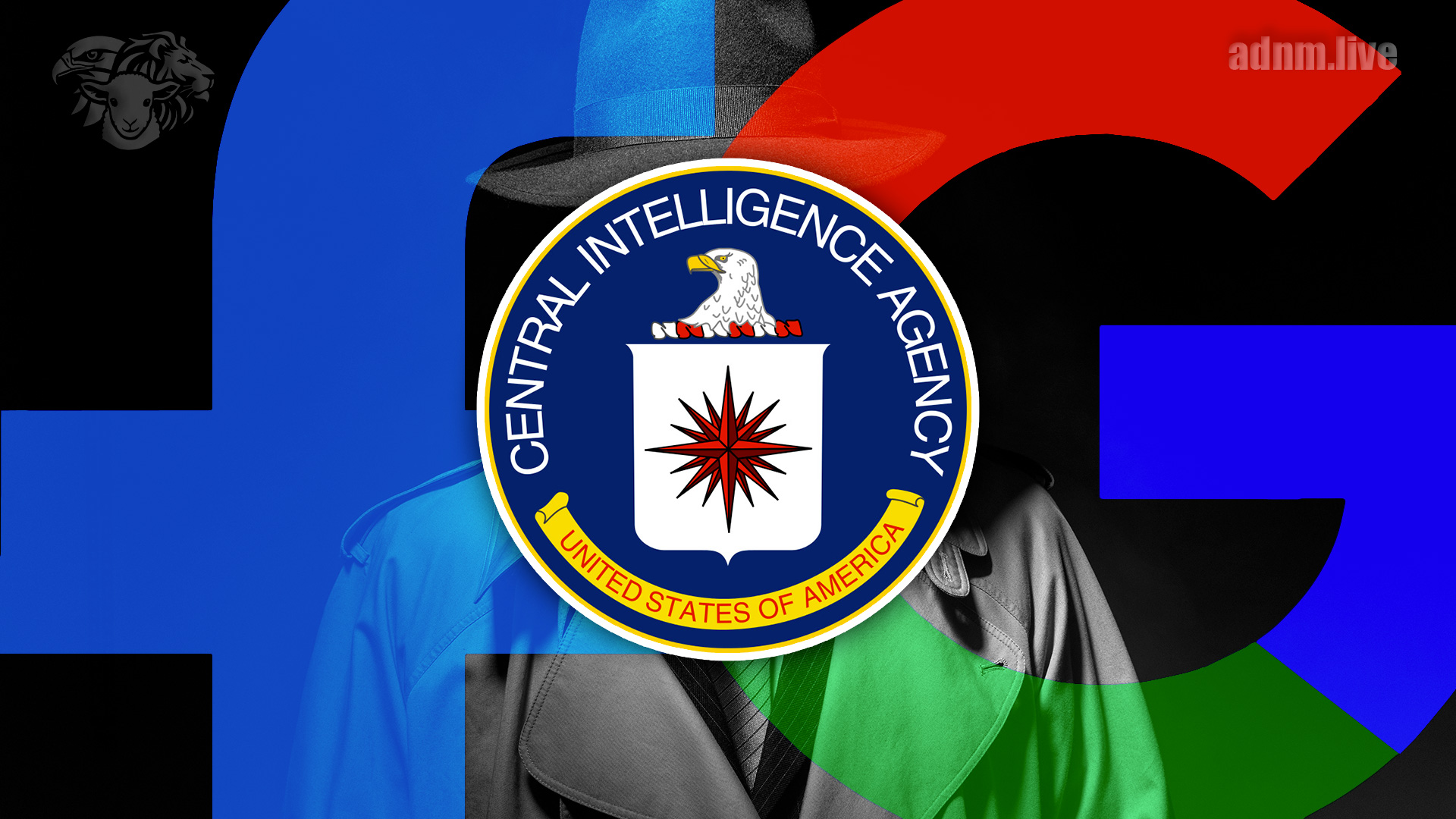WhiteMountain
Jedi
They are also preparing the way for removing informed consent in the US. The FDA took the first step allowing IRBs to violate informed consent for certain treatments FDA Exception from the Requirement to obtain Informed Consent - ECA Academy . Everyone should know ALL THESE EXECUTIVE ORDERS LAWS AGAINST INFORMED CONSENT ARE 100% ILLEGAL AND SHOULD BE AGGRESSIVELY CHALLENGED IN COURT.
While nations did not formally adopt the Nuremberg code, 174 countries signed the International Covenant on Civil and Political Rights - just about all Western governments. Article 7 of this treaty specifically gives people the right to informed consent! "No one shall be subjected to torture or to cruel, inhuman or degrading treatment or punishment. In particular, no one shall be subjected without his free consent to medical or scientific experimentation." Nuremberg literally was the inspiration for Article 7 and is thus the background of how "free consent" should be interpreted. And treaties come above all regular laws in most countries!
Most people are not aware of this despite all the stupid mandates. I only discovered it because I researched the question of other protections myself, and I have not heard anyone else discussing it. I actually had to inform my own lawyer about this because thought there was nothing protecting people here (he even mentioned he told that to a reporter during the pandemic I think). I had him look it up, and he agreed, that would basically give people the right to avoid these treatments. Luckily they never really discussed it down here (one of the benefits of living in Paraguay is the government leaves people alone; I moved down here to avoid the whole nanny state totalitarian bullshit).
But everyone needs to inform people about this treaty. Unless this treaty is specfically un-ratified, the protections will still be there, no matter what the WHO or governments do. If you have conflicting treaty obligations the concept of void for vagueness for the coercive laws comes in.
While nations did not formally adopt the Nuremberg code, 174 countries signed the International Covenant on Civil and Political Rights - just about all Western governments. Article 7 of this treaty specifically gives people the right to informed consent! "No one shall be subjected to torture or to cruel, inhuman or degrading treatment or punishment. In particular, no one shall be subjected without his free consent to medical or scientific experimentation." Nuremberg literally was the inspiration for Article 7 and is thus the background of how "free consent" should be interpreted. And treaties come above all regular laws in most countries!
Most people are not aware of this despite all the stupid mandates. I only discovered it because I researched the question of other protections myself, and I have not heard anyone else discussing it. I actually had to inform my own lawyer about this because thought there was nothing protecting people here (he even mentioned he told that to a reporter during the pandemic I think). I had him look it up, and he agreed, that would basically give people the right to avoid these treatments. Luckily they never really discussed it down here (one of the benefits of living in Paraguay is the government leaves people alone; I moved down here to avoid the whole nanny state totalitarian bullshit).
But everyone needs to inform people about this treaty. Unless this treaty is specfically un-ratified, the protections will still be there, no matter what the WHO or governments do. If you have conflicting treaty obligations the concept of void for vagueness for the coercive laws comes in.









